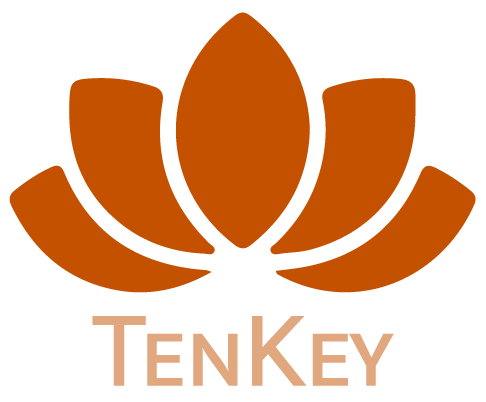Cash flow is one of the most critical aspects of running a successful small business. Simply put, cash flow
refers to the movement of cash in and out of your business. Maintaining a positive cash flow is essential
for covering expenses, investing in growth opportunities, and ultimately, staying in business. We will
explore practical tips for managing cash flow effectively and avoiding cash flow issues that can impact
your operations.
1. Create a Cash Flow Statement
A cash flow statement is a financial report that summarizes your business's cash inflows and outflows
during a specific period. By creating a cash flow statement, you can gain a better understanding of your
business's financial health and identify areas where you may need to make adjustments.
To create a cash flow statement, you'll need to track all of the cash that comes into and goes out of your
business. This includes revenue from sales, loans, and investments, as well as expenses such as payroll,
rent, and inventory. You'll then categorize these transactions as either operating, investing, or financing
activities to create a comprehensive cash flow statement.
2. Manage Receivables and Payables
One of the most common cash flow issues for small businesses is a delay in receiving payments from
customers. To avoid this issue, it's important to have clear payment terms and follow up with customers
who have outstanding balances.
In addition to managing receivables, it's also essential to manage payables effectively. This means paying
bills on time to avoid late fees and maintain positive relationships with vendors.
3. Forecast Cash Flow
Forecasting cash flow involves predicting the cash inflows and outflows for your business over a specific
period. By forecasting cash flow, you can identify potential cash flow issues and take steps to address
them proactively.
To create a cash flow forecast, you'll need to use your cash flow statement as a starting point. You can
then project future cash inflows and outflows based on factors such as sales trends, upcoming expenses,
and changes in the market.
4. Maintain Adequate Reserves
Having adequate cash reserves can help you weather unexpected expenses or fluctuations in revenue.
Ideally, you should aim to maintain a cash reserve of at least three to six months' worth of operating
expenses.
To build your cash reserves, you can set aside a portion of your profits each month or take out a line of
credit to cover short-term cash flow issues.
5. Monitor Your Cash Flow Regularly
Regular monitoring of your cash flow is essential for identifying potential issues and making informed
decisions about your business's finances. By reviewing your cash flow statement regularly, you can
identify trends, anticipate upcoming expenses, and take action to address cash flow issues before they
become major problems.
6. Control Your Expenses
Controlling your expenses is critical for maintaining positive cash flow. This means reviewing your
expenses regularly and identifying areas where you can reduce costs without sacrificing quality or
productivity.
For example, you may be able to negotiate better rates with suppliers, reduce your energy usage, or
streamline your operations to reduce labor costs. By controlling your expenses, you can improve your
bottom line and free up cash for other uses.
7. Consider Invoice Financing
Invoice financing is a type of financing that allows you to sell your outstanding invoices to a third-party
lender in exchange for immediate cash. This can be a useful tool for improving your cash flow if you
have outstanding invoices that are causing cash flow issues.
Invoice financing can be a more expensive form of financing than traditional loans, but it can be a
valuable option for small businesses that need immediate cash to cover expenses.
Give Us a Call
Managing cash flow effectively is critical for the success of any small business. By creating a cash flow
statement and maintaining adequate reserves, monitoring your cash flow regularly, controlling your
expenses, and considering invoice financing, you can improve your cash flow and avoid cash flow issues
that can impact your operations.
It's important to remember that managing cash flow is an ongoing process, and you may need to adjust
your strategy over time as your business grows and evolves. By staying vigilant and proactive in
managing your cash flow, you can position your business for long-term success.
At TenKey, we understand the importance of managing cash flow for small businesses. We can help you
create a cash flow statement, manage your receivables and payables, and forecast your cash flow to
ensure that your business has the resources it needs to thrive. Contact us today to learn more about
how we can help you manage your cash flow effectively.



